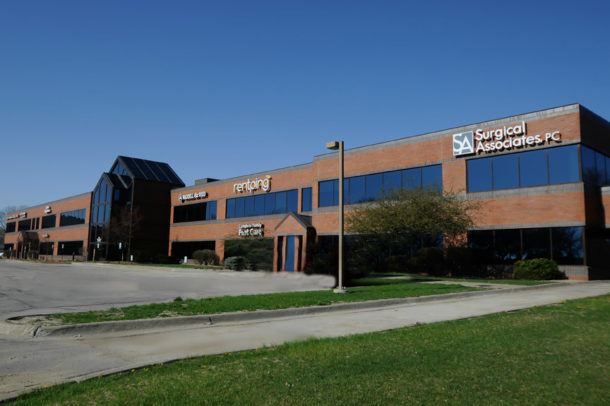Colorectal Division
ProceduresAbdominal Surgery
Laparoscopic
Robotic
For more information about robotic assisted surgeries, please go to DaVinci Surgery’s Website.
Anorectal
Hemorrhoids
Anal Fissure
Anal Abscess
Anal Fistula
Bowel Incontinence
Incontinence is a common problem that involves the impaired ability to control gas or stool, mostly the result of injury to the anal muscles. It is important to determine the cause and severity of incontinence before treatment is addressed. Treatment of incontinence can range from dietary changes to pelvic floor physical therapy to surgical muscle repair. Newer treatment options include injection of bulking agents to thicken the anal canal and sacral nerve stimulation.
Rectal Prolapse
Rectal Prolapse
Endoscopy
Anoscopy
Click here for more information…
Proctoscopy
Colonoscopy
Colonoscopy is a procedure that uses a long, flexible instrument to examine the lining of the colon and rectum. The examination is a common procedure that is done on an outpatient basis with minimal inconvenience or discomfort. Regular colonoscopies are recommended for adults over age 50 as part of a colorectal cancer screening and prevention program. Due to family or personal history, some people are at higher risk of developing colorectal cancer and should undergo screening before turning 50. Speak with your primary care provider or schedule an appointment at CARES to discuss your risk for developing colorectal cancer and to determine the optimum time to begin colorectal cancer screening and prevention.

